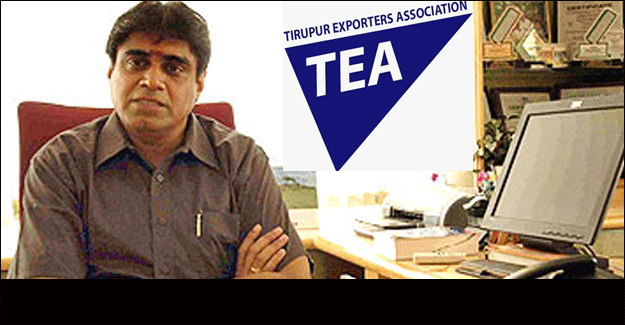
Indian Textile Industry Praises Government's Rs 1,300 Crore Skill Training Initiative
The Union government's 'Scheme for Capacity Building in Textile Sector (SCBTS)' has brought cheer to the textile industry.
“The new scheme would enable the industry to adopt scientific principles for upgrading skills of employees and achieve higher productivity,” said P Nataraj, chairman, Southern India Mills' Association.
“The scheme would also facilitate to cut cost and improve quality,” he said. “Most labourers in Tirupur cluster are self-groomed without any proper technical skill orientation or training and this creates an inconsistency in the production and quality parameters and this void can be addressed effectively (through the scheme),” said Raja M Shanmugham, president, Tirupur Exporters' Association.
The cabinet committee on economic affairs, chaired by the Prime Minister has given its approval for SCBTS, a new skill development scheme covering the textile sector (excluding spinning & weaving in the organised sector) from 2017-18 to 2019-20 with an outlay of Rs 1,300 crore.
The scheme will have 'National Skill Qualification Framework (NSQF)' compliant training courses with funding norms as per the common norms notified by Ministry of Skill Development and Entrepreneurship (MSDE). "The estimated turnover of MSMEs (micro, small and medium enterprises) in Tirupur cluster is around Rs 30,000 crore and even a 10% saving would yield Rs 3,000 crore for the industry," Shanmugham stated.
In order to ensure steady supply of skilled manpower in the labour-intensive textile sector, the Union Cabinet has approved a Rs 1,300-crore outlay for skilling and up-skilling an estimated 10 lakh people in the entire value chain of the sector, including spinning and weaving.
The scheme is aimed at promoting skilling and skill upgrading in traditional sectors through the Ministry of Textiles and providing livelihood to all sections of the ociety across the country. The skilling programmes would be implemented through textile industry in order to meet in-house requirement of manpower.
It will also be rolled out through reputed training institutions relevant to textile sector having placement tie-ups. Under the scheme, job role wise skilling targets will be based on skill gap identified for various levels including entry-level courses, up-skilling/re-skilling (supervisor, managerial training, advanced courses for adapting technology etc) and recognition of prior learning.
Textile Excellence
If you wish to Subscribe to Textile Excellence Print Edition, kindly fill in the below form and we shall get back to you with details.












